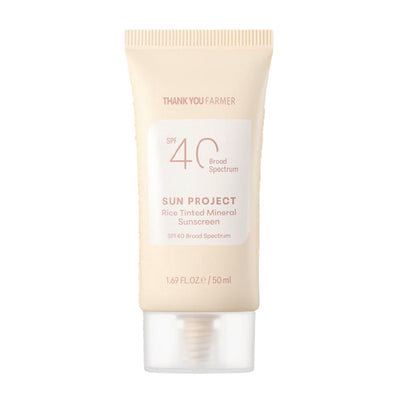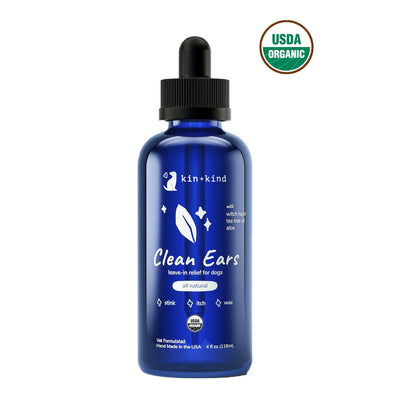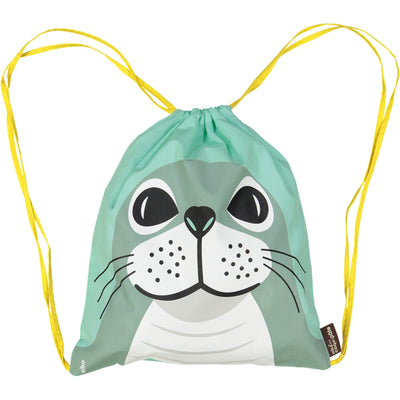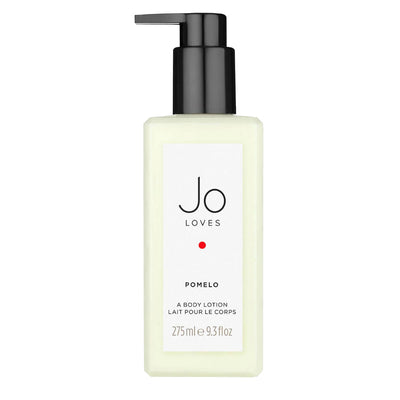Guide to winter skincare
It's no secret that harsh winter weather can cause great damage on your skin. Your skin can become dehydrated and lose its healthy-looking glow. If you keep the same skincare routine year-round, then I’m sorry to tell you that you are doing it wrong. Low humidity or rely heavily on indoor heating tend to dry out your skin much more than other times of the year. To keep both face and body skin soft, hydrated and protected 24/7 through the season, there are few key changes to your go-to habits can follow.
1. Use creamy or oil-based cleanser in winter
During the dry and cold winter time, if you see sensitivity and inflammation in your skin then you need to change your cleanser to something really gentle like an oil-based or cream-based cleanser. Oil-based cleansers is best for dry, sensitive and irritated skin. They remove dirt and can effectively lift makeup without having to pull on or strip your skin. Cream-based cleansers are formulated to add moisture to the skin. They work to cleanse the skin while also soothing and hydrating it.
2. Use a thicker moisturizer
It is important to find a moisturizer that will draw in moisture from the environment into the skin but also will seal in the moisture. Use a creamier moisturizer than the lotion you use during the summer. The thicker texture seals moisturizing ingredients into dry and cracked skin. It should be noted that those extremely thick products are better suited for the skin on your body as opposed to the face, because they can clog pores. Sometimes, you can layer an oil on your face and body prior to a cream-based moisturizer will help trap in the hydration.
3. Exfoliating less
If your skin is already dry and flaky, don’t exfoliate more than normally would. This can lead to redness and irritation. Peeling agents or harsh exfoliators will further deplete moisture when you need it most during winter time.
4. Keep your showers and baths short and not too hot
The weather is cold and taking a hot steamy shower seems like the perfect remedy; however, if the water you use on your skin is too hot, it can disrupt the skin’s natural balance of moisture, washing away the natural oil, fats, and proteins on your skin. It can inflame your skin and cause redness and itchiness. Therefore, try to keep it short. All you need is about 10 minutes.
5. Moisturize like you’re on the clock
During the dry winter months, the natural moisture in the skin is extracted by the dehumidified air. That leaves the skin’s top layer dehydrated. To avoid redness and itchiness, be sure to apply a generous amount of moisturizers throughout the day to keep your skin hydrated.








Leave a comment